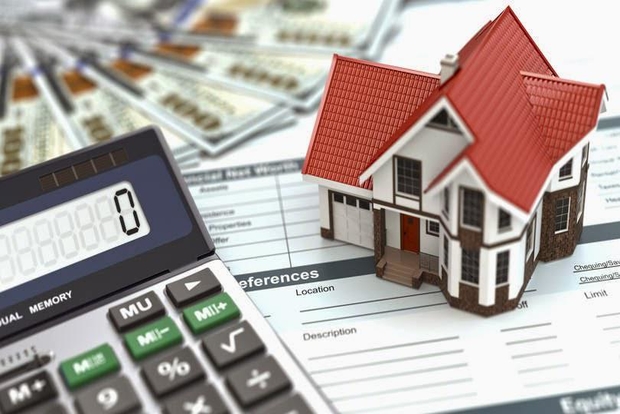



Here we will take a brief look at some of the legal benefits and what opportunities there are to make a return on your investment in the Cayman Island property, please consult a local attorney for more details. Foreign investment in real estate is commonly achieved through the formation of local limited liability companies, foreign companies and trust arrangements. Types of ownership include, leasehold or strata titles and fee simple ownership. Any, foreign company or Cayman company that is foreign controlled can own income producing real estate, although it must be licensed with the Trade and Business Licensing Law and the Local Companies (Control) Law. There is currently no legislation permitting the creation of real estate investment trusts (REIT's) but corporate and individual trustees can be registered as the proprietor of the land, a lease or charge of immoveable property. All, foreign corporate trustees must be registered as a foreign company with Companies Registry. Below are some of the main benefits of investment in Cayman Islands real estate market: Stamp duty is payable and due within 45 days of the contract being signed. This includes: There are various types of stamp duty exemptions, such as for natural love and affection between families or if there is an ownership change and transfer of shares in a corporation owning real estate. However, these are at the discretion of the Financial Secretary of the Cayman Islands and consult your is a local attorney for details.
There is a onetime stamp duty which is calculated on the value and location of the property when you purchase the property. The current rate is 7.5% but for Caymanians, there are some exceptions. The stamp duty authorities reserve the right to and sometimes do carry out their own Grand Cayman property appraisal. However, under normal circumstances the duty is paid based on the market value, ie a willing buyer and a willing seller, arm’s length transaction.
Stamp duty is charged on any mortgage (legal or equitable) or charge of immovable property. This is currently 1% for property less than CI$300,000 and 1.5% on mortgages of CI$300,000 or higher. For the purchase of freehold or leasehold land it is paid by the buyer and for the grant of a lease by the tenant. For a lease agreement, stamp duty can be calculated from 5 to 20% of the aggregated or average rent dependent on the term of the lease.





